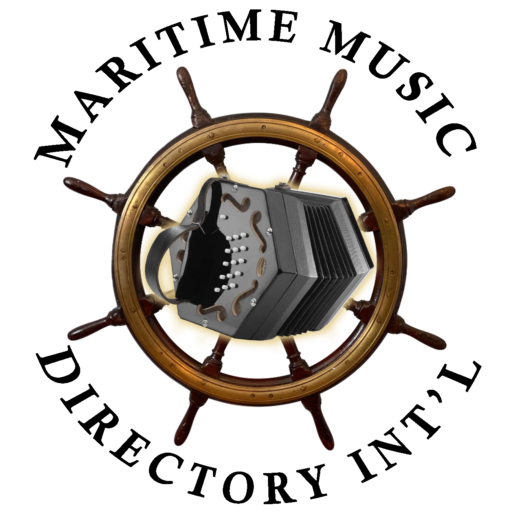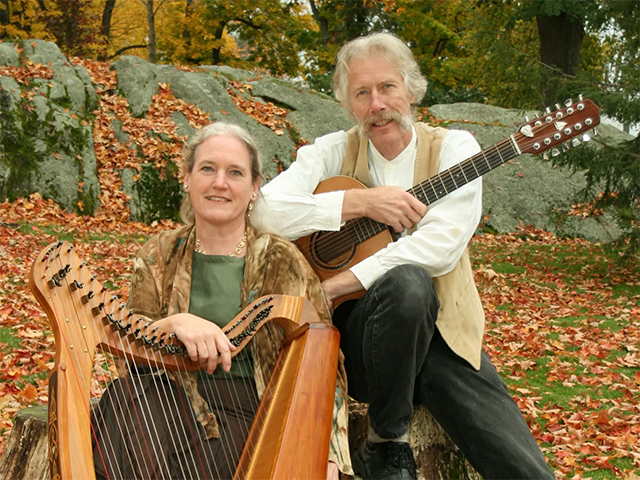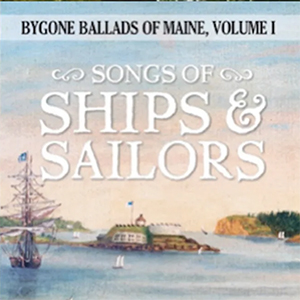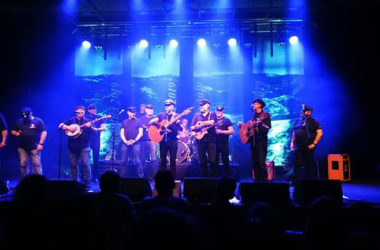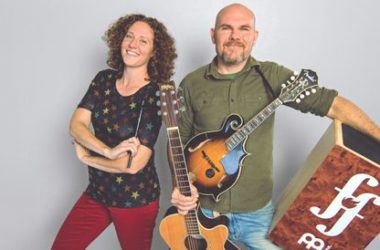Overview
Castlebay has been musically weaving together the heritage of New England and the Celtic lands since 1987. Members Julia Lane and Fred Gosbee have loved and researched traditional music for most of their lives and blend history, legend and experience into their personable performance style. Their concerts feature poignant ballads sung in Lane’s ethereal soprano and Gosbee’s rich baritone interspersed with joyous dance tunes played on Celtic harp, guitar, fiddle and tin whistle. Castlebay treats the audience to a musical journey through time and across the Atlantic. The duo also presents special theme concerts on various aspects of Celtic lore, nautical life or Colonial America.
“What captivated [the audience] were Julia and Fred’s musicianship, the apparent casualness with which they weave their listeners into magical worlds of storytelling, song, and harp, and their down-to-earth (and sea) Maine coast and Celtic tunes, tales, and salty humor”.
Castlebay has toured the Eastern U.S., Ireland, England and Scotland playing at festivals and arts centers, as well as on radio and television. The duo maintains a commitment to cultural education, exchanging music and lore with colleagues. They provide folklore and music programs for schools, museums, libraries and Elderhostels exploring Celtic lore and tradition throughout the eastern US and the British Isles. Castlebay has released 35 recordings including both original and traditional songs, Christmas harp recordings, and the “Tapestry” collection, a 6-part instrumental series.
None of this would be possible without the help and support of many friends. Our thanks to you all.
Julia Lane and Fred Gosbee are members of American Federation of Musicians Local 1000.
Why Tradition?
The people who inhabit a region resonate to their environment, working with it to survive and even to enrich their lives. Work habits and social behaviors arise according to their relationships with seasons, weather and the condition of the land. From these come belief systems, folklore, art and music. Immigrants carry the ancient traditions of their race as well as internalizing the influences of the new place.
In the drive for “progress and success” awareness of connections and responsibility for each other and our environment has been obscured. One of our biggest needs is to understand and appreciate community and resources, both environmental and spiritual. The knowledge of these relationships is paramount in Celtic tradition and has relevance in modern society.
The music and lore of both the Celtic lands and New England is alive with imagery associated with our relationships to each other and the natural world. The stories and songs are a vehicle for explaining them and attempting to transform, or be transformed by them. Hearing and understanding ancient stories and music inspired by elemental experience can help us refill our own wells of creativity and reweave the web of connection. They are timeless, and provide revelation, and even healing, for both the bard and the audience.
Members
Julia Lane Fred Gosbee
Contact Information
Julia
Lane
New Harbor
ME
USA
